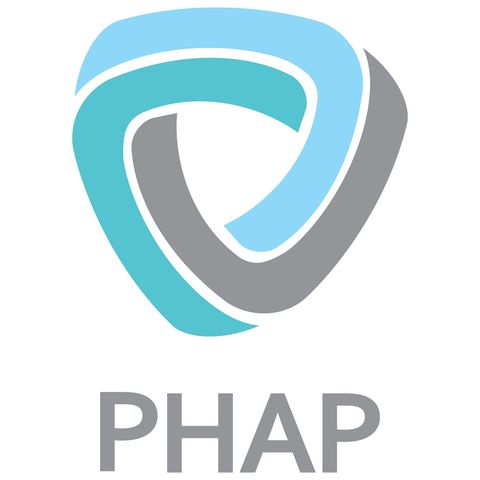Expert Briefing: The humanitarian exemptions debate (Humanitarian Law and Policy)

Descarga y escucha en cualquier lugar
Descarga tus episodios favoritos y disfrútalos, ¡dondequiera que estés! Regístrate o inicia sesión ahora para acceder a la escucha sin conexión.
Descripción
With Naz K. Modirzadeh and Dustin A. Lewis, Harvard Law School Program on International Law and Armed Conflict (PILAC) Thirteen of the sanctions regimes established by the U.N. Security Council...
mostra másThirteen of the sanctions regimes established by the U.N. Security Council could implicate key elements of principled humanitarian action. Those sanctions might affect humanitarian programming in numerous contexts, including the Central African Republic, the Democratic Republic of the Congo, Iraq, Libya, Somalia, Sudan, Syria, and Yemen. Some see “humanitarian exemptions” as a way to resolve possible conflicts between sanctions and principled humanitarian action. But what are “humanitarian exemptions”? Who and what do and should they cover? And what is the debate surrounding them?
At this expert online briefing, Naz K. Modirzadeh and Dustin A. Lewis of the Harvard Law School Program on International Law and Armed Conflict (PILAC) synthesized recent research in order to:
- Summarize the legal status, content, and nature of relevant U.N. sanctions regimes;
- Define and analyze the two general categories of “humanitarian exemptions” (those for designated individuals and for the humanitarian sector);
- Highlight the stakes and interests in the debate on whether such exemptions may be desirable and feasible or may be inadvisable and impracticable;
- Explain some of the few existing and limited exemptions at the international and domestic levels; and
- Discuss the perceived benefits and costs of suggested “humanitarian exemptions.”
Read more at https://phap.org/19jul2016
Información
| Autor | PHAP |
| Organización | PHAP |
| Página web | - |
| Etiquetas |
Copyright 2024 - Spreaker Inc. an iHeartMedia Company
